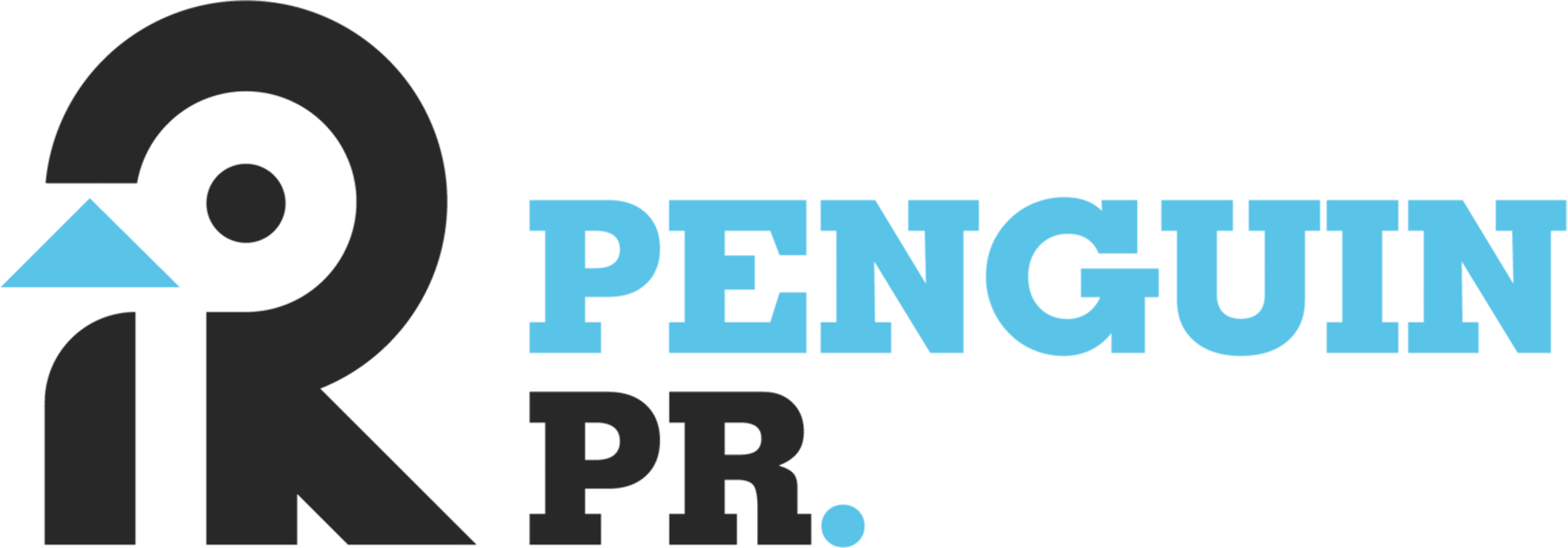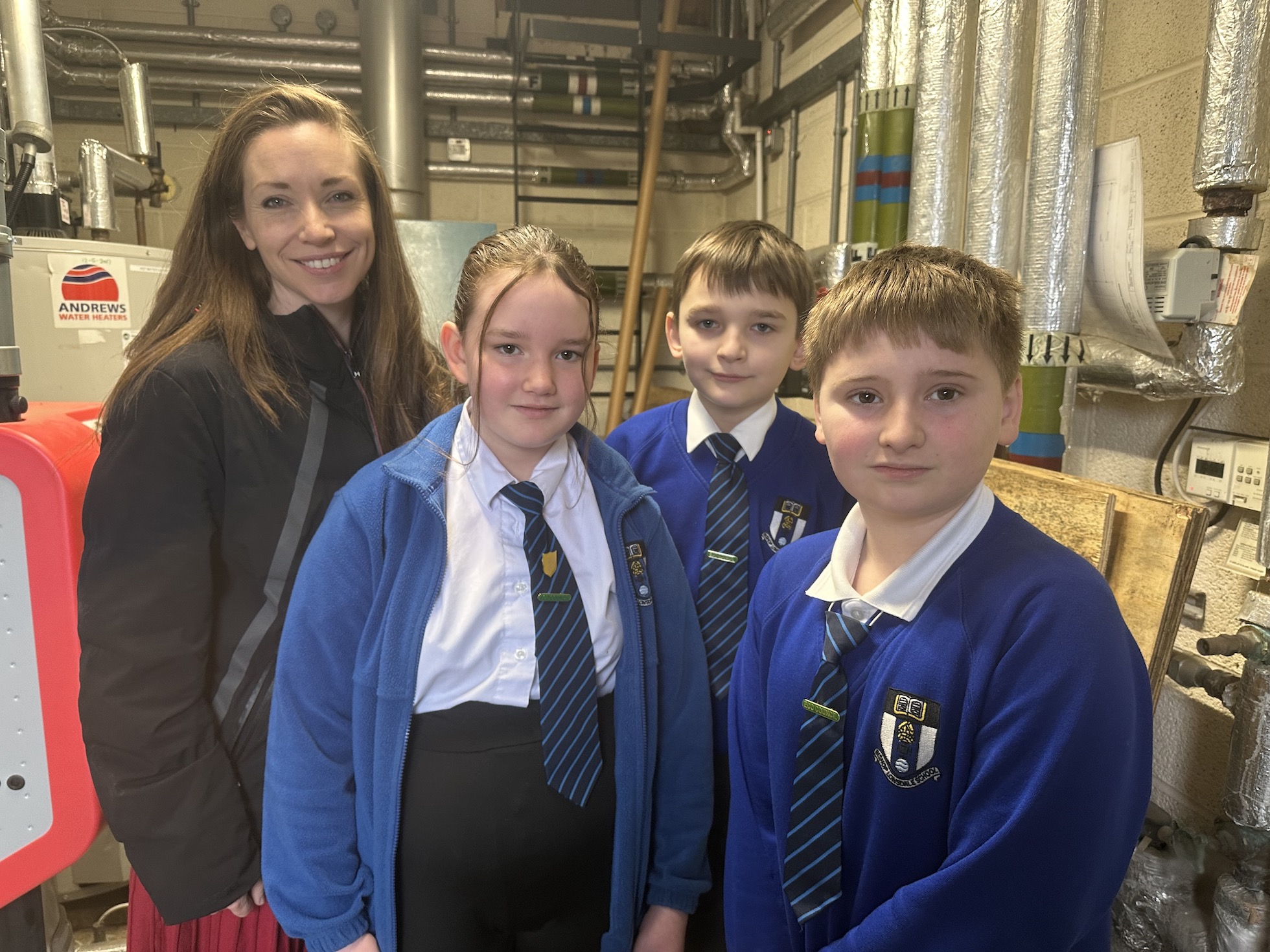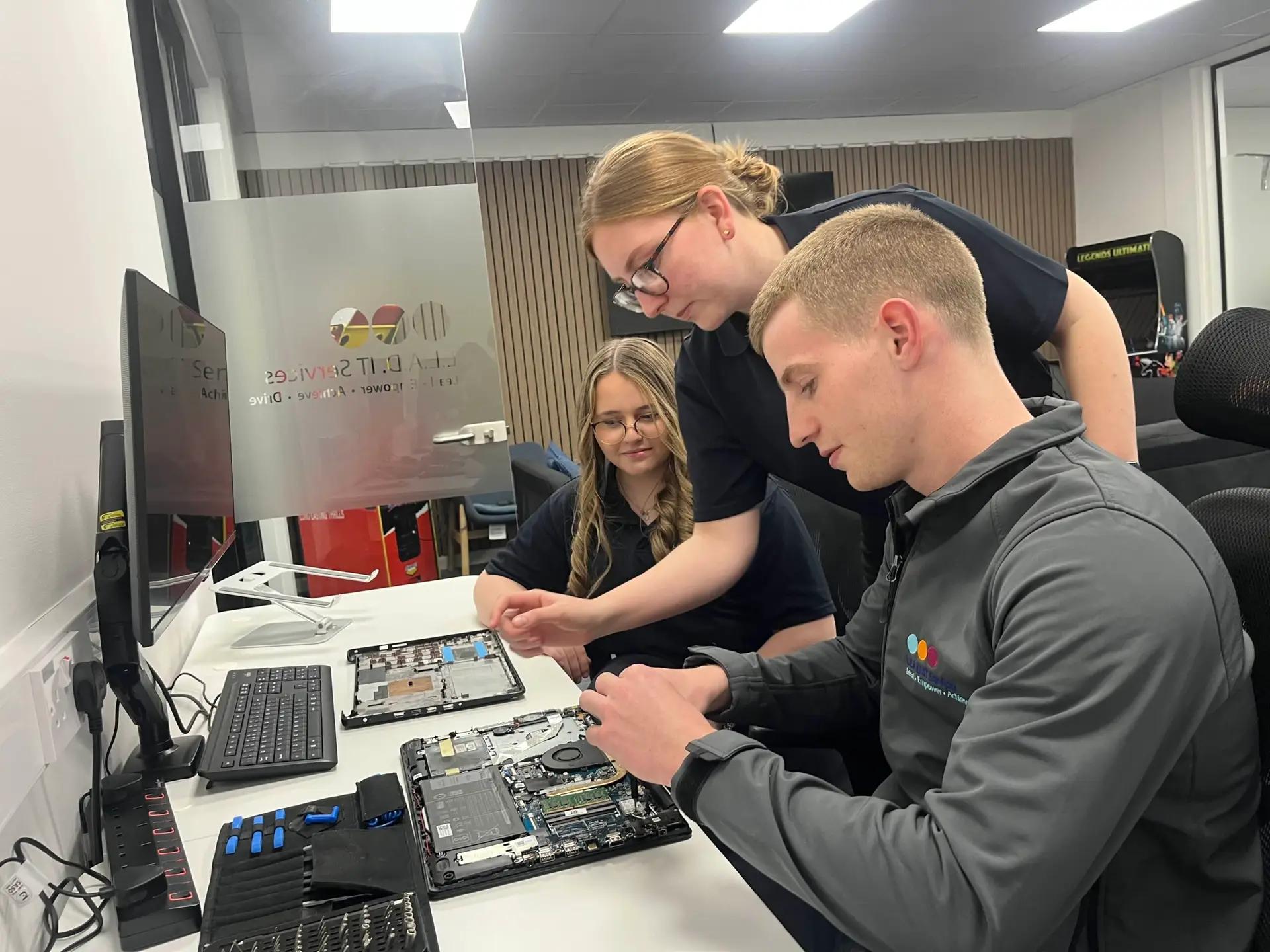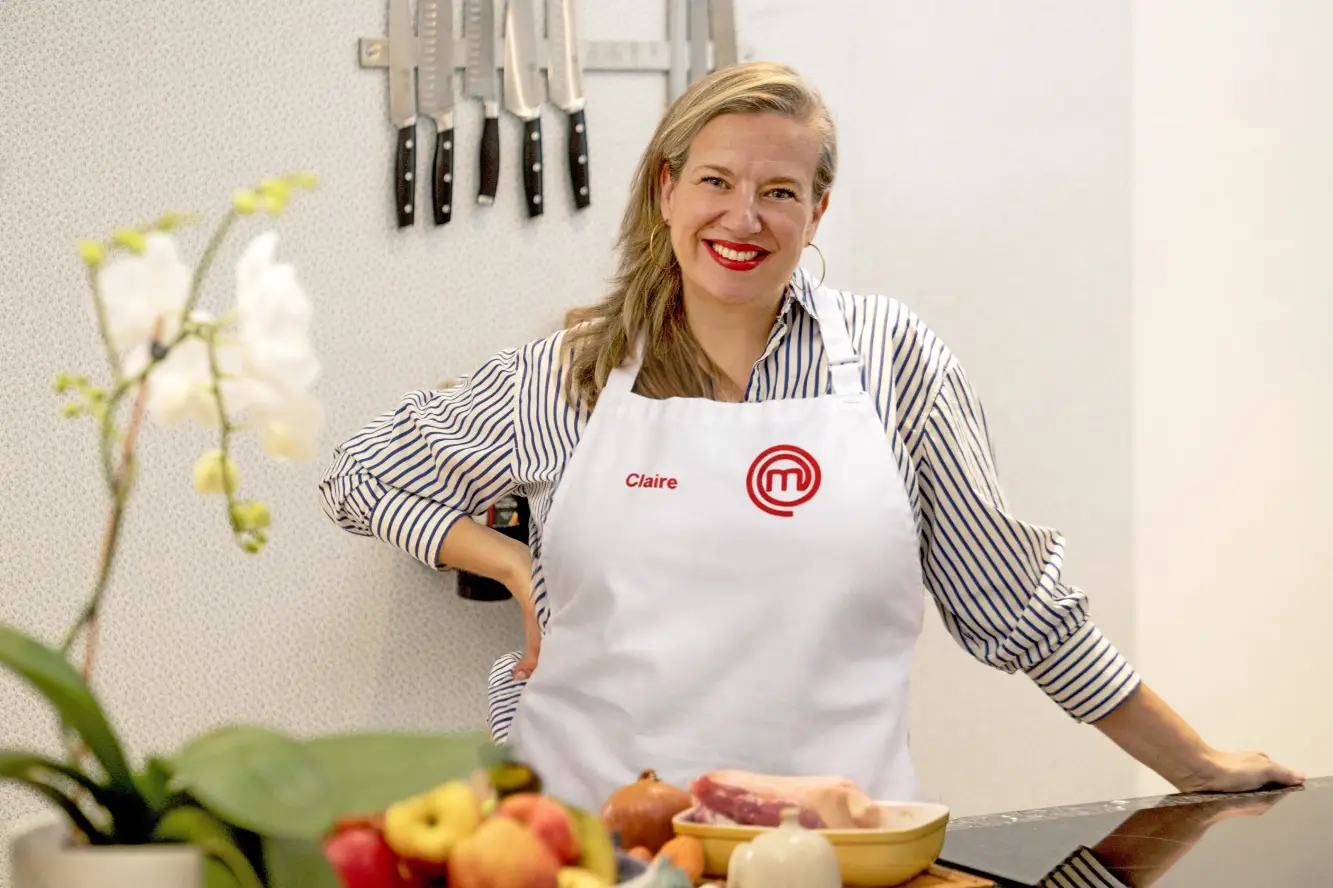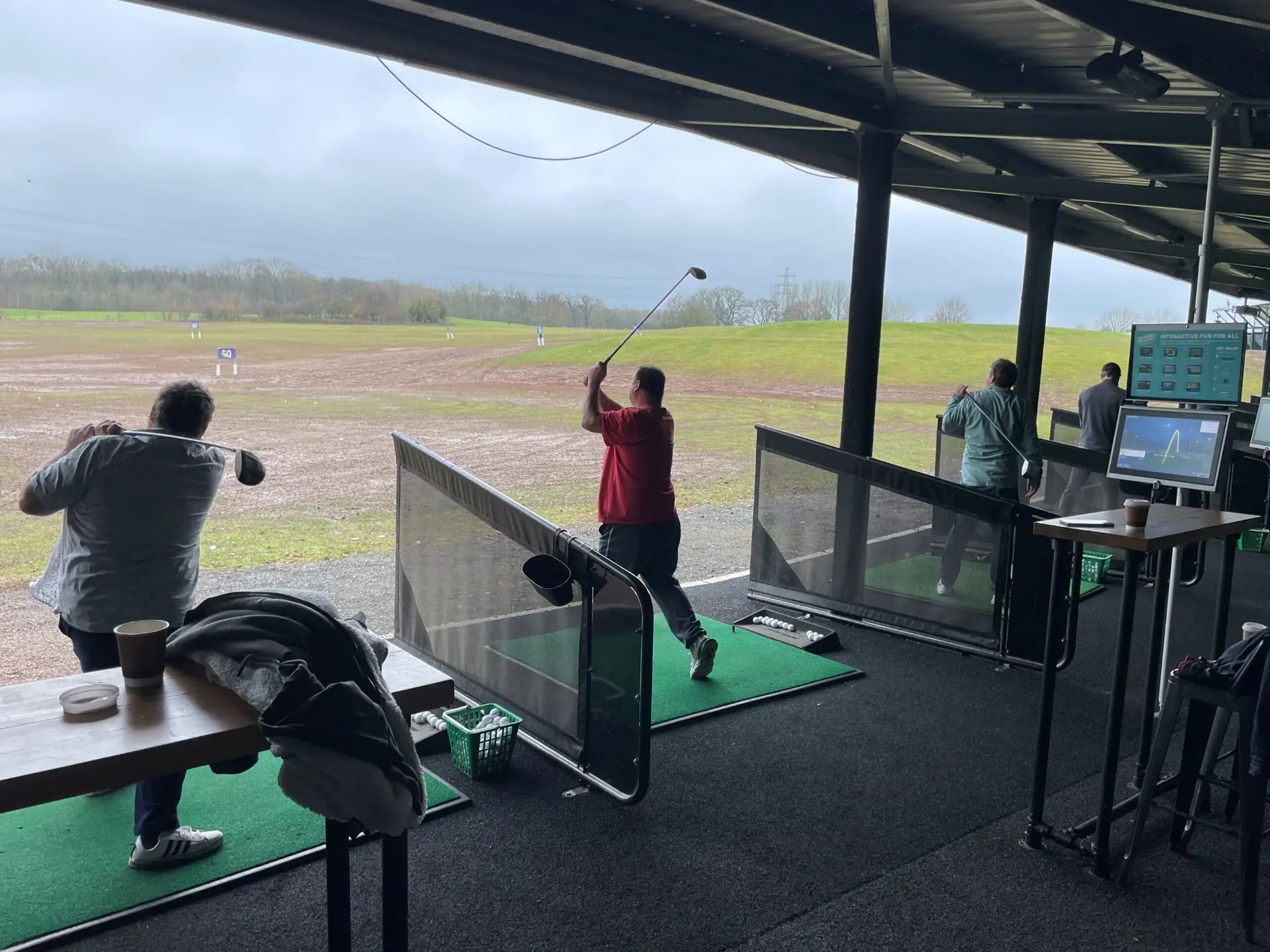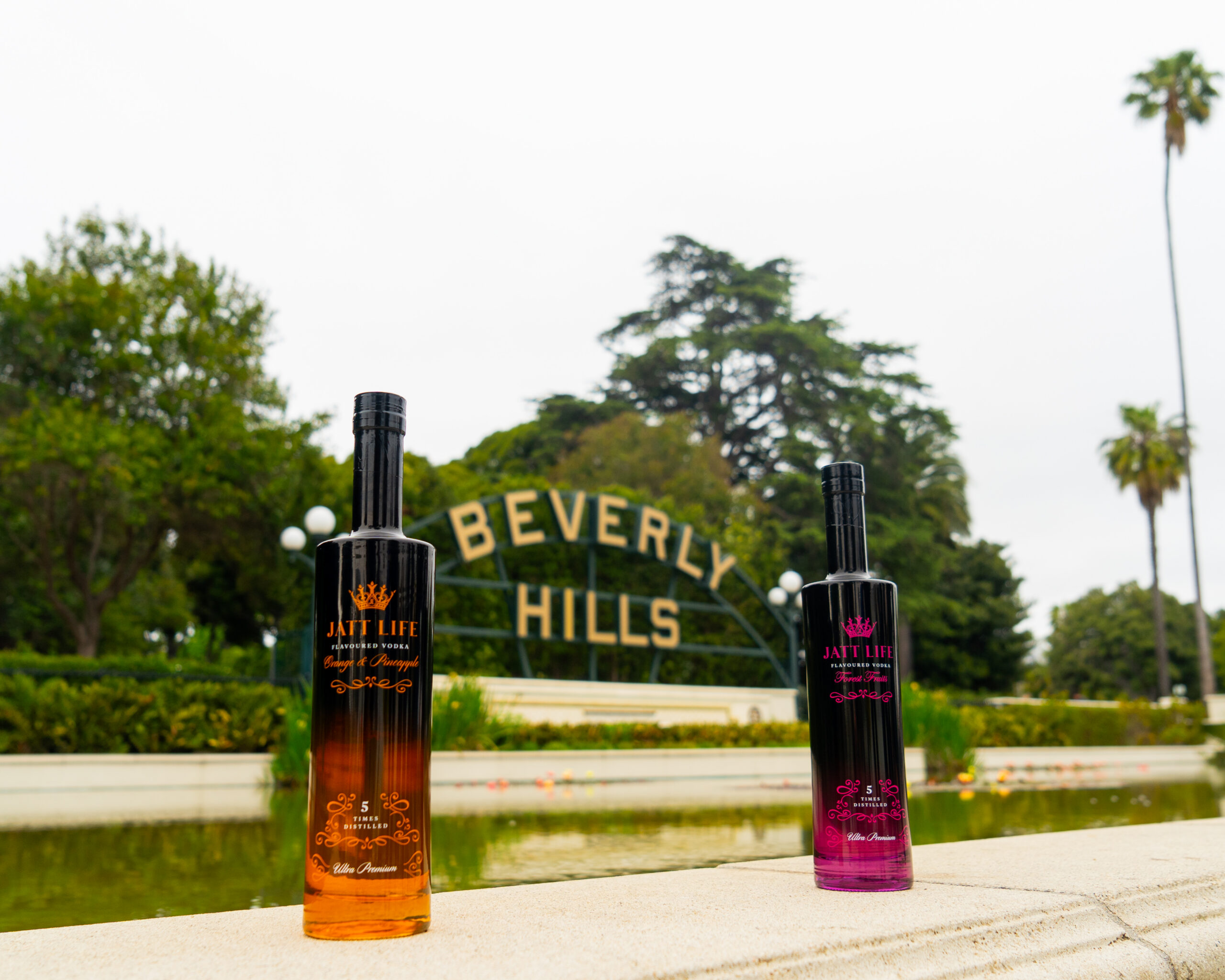THE founder of a not-for-profit music school whose students have worked with artists such as Lewis Capaldi and chart-topping band the 1975 has called on the Government to ensure that music education and sport are high up on the agenda now that schools in England have reopened.
Last February, School Standards Minister Nick Gibb announced an £80million investment by the Government in music hubs in secondary schools, giving thousands of children the opportunity to learn instruments and play in orchestras or choirs.
And Jon Eno, CEO of social enterprise Hot House Music, has stressed the importance of creative arts in education and the positive effects it can also have on wellbeing.
“Music and the creative arts, such as sport, should not take the hit as children return to the classroom in England,” said Jon, who is planning on opening Hot House Music Schools in Singapore, Lyon and Texas over the next 12 months, to compliment the 25 schools which he currently oversees in the UK.
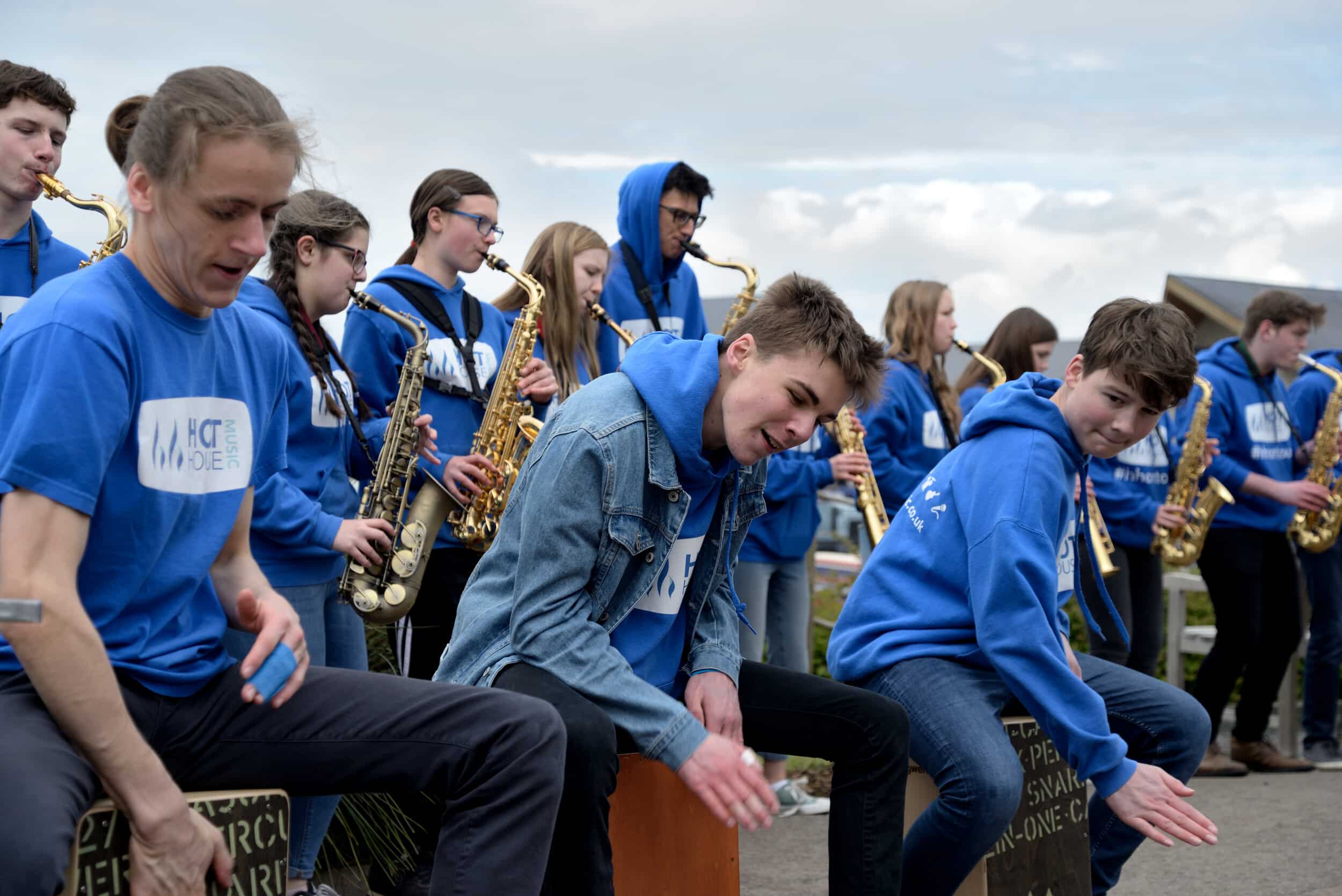
CEO of Hot House Music recognises the effect music can have on wellbeing.
“Music is so important. We have found that, as we have been running all of our lessons online over the last 12 months, music has been a welcome creative release for students; it has allowed them to feel good inside, gain in confidence during what has been a very challenging time.
“By having these engaging and creative outlets, such as the opportunity to play music, draw or participate in sport, it helps children to become resilient and builds those all-important social skills.
“Music makes you smile. It can also compliment subjects such as English and Maths, aid communication, anger management and wellbeing.”
The music industry has been hit hard by the Coronavirus pandemic with Hot House Music, who offer free sessions to primary school children in the UK, being forced to cancel a once-in-a-lifetime chance to perform at the opening of the Olympic Games in Tokyo.
Jon knows, though, of musicians whose livelihood has been badly affected with several feeling the financial – and emotional – strain. He counts himself lucky that Hot House Music were able to swiftly and efficiently move teaching online and that advances in technology created opportunities for his students which they may not have had, had the UK not been in a national lockdown.
“Our Hot House Music team worked around the clock to move all of our face-to-face learning online in just 72 hours,” he said.
“We actually experienced a 17.5 per cent growth in 2020 due to the fact that our lessons were online and we created opportunities where artists such as the 1975 saxophonist John Waugh and top UK composer and musician Callum Au were able to play via Zoom with our students which, had we not all been in a national lockdown and at home more, we may not previously have had.
“But I cannot wait to see our students in ‘real life’ as soon as we’re able to and to be able to take Hot House Music back into schools, introducing many more youngsters to music and its benefits.
“Music is powerful and it is essential that it is part of the Government’s Recovery Curriculum. The creative arts has, so often, been downgraded in many UK schools; yet their benefits are many. Music is often at the cutting edge of innovation and I just hope that children are given the chance to express their creative side at school, now that primary and secondarys are reopening.”
ENDS
For further information please contact Kerry Ganly on 07734 723951 or email [email protected]

